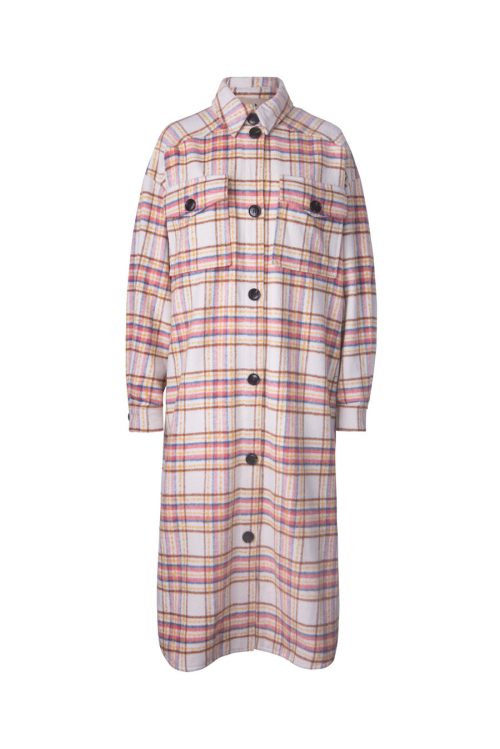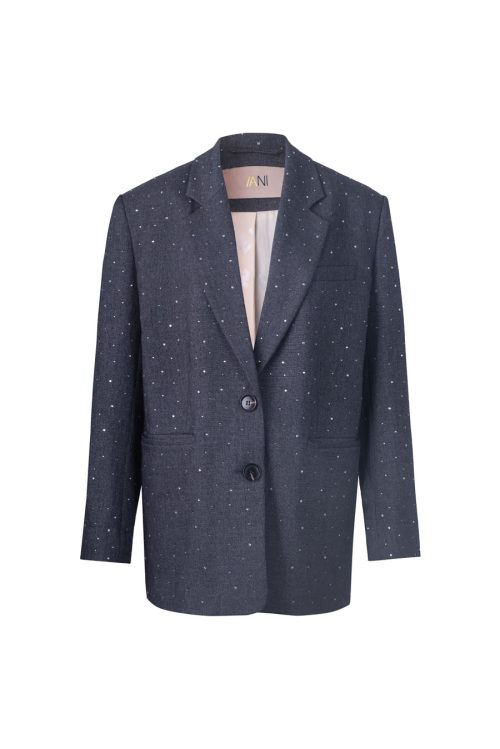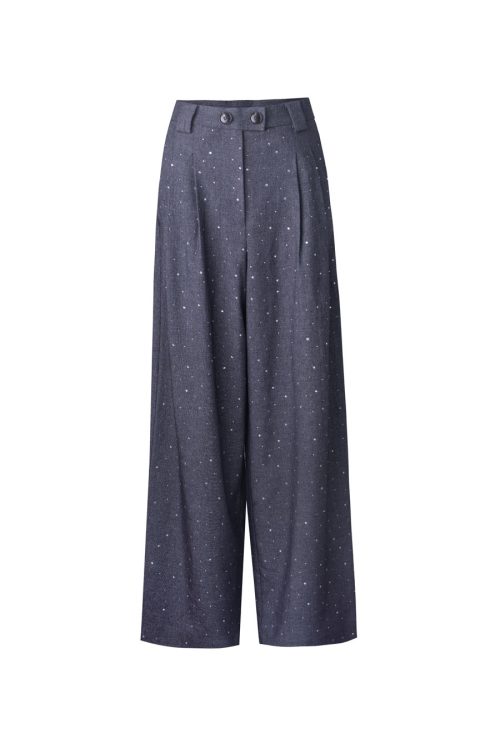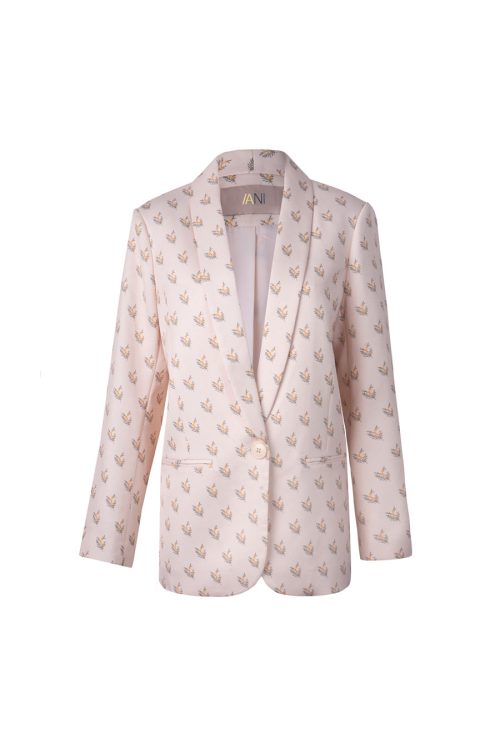
China is a global leader in the textile industry, making it an ideal destination for businesses looking to source wholesale cloth. Whether you are a manufacturer, retailer, or designer, sourcing cloth from China offers numerous benefits. This article explores the advantages of buying cloth from China, top wholesale markets, steps to purchase, and practical tips for ensuring quality and reliability.
Benefits of Sourcing Cloth from China
Sourcing cloth from China offers several advantages that appeal to businesses worldwide.
Cost-Effectiveness
China’s efficient production processes and economies of scale result in lower manufacturing costs. This allows suppliers to offer competitive prices, enabling businesses to maintain healthy profit margins.
Variety
The variety of cloth available from Chinese suppliers is extensive. Buyers can find everything from basic fabrics to the latest textile innovations, catering to diverse needs and preferences.
Quality
Chinese manufacturers have significantly improved the quality of their products over the years. Many suppliers adhere to international quality standards, ensuring that the cloth is well-made and durable.
Trendiness
Chinese suppliers are quick to adopt and produce the latest textile trends. This ensures that buyers can stay ahead of the curve and offer their customers the most current fabric styles.
Top Wholesale Cloth Markets in China
Several major cities in China are known for their wholesale cloth markets, each offering unique advantages and a vast selection of products.
Guangzhou
Guangzhou is one of the most prominent hubs for wholesale cloth. Markets such as the Guangzhou International Textile City and the Zhongda Fabric Market are renowned for their extensive selection of high-quality fabrics.
Shenzhen
Shenzhen is another significant player in the wholesale cloth market. The Shenzhen Fabric Market is known for its fashionable and stylish textiles, making it a favorite among designers and manufacturers.
Shanghai
Shanghai, a global financial center, also features prominent wholesale cloth markets. The China Textile Market in Shanghai is one of the largest, offering a diverse range of fabrics and attracting buyers from around the world.
Keqiao
Keqiao in Zhejiang Province is home to the China Textile City, one of the largest textile markets in the world. It offers an extensive range of fabrics and is known for its innovative textile solutions.
Yiwu
Yiwu is famous for its wholesale markets, including the Yiwu International Trade City. The market offers a vast selection of fabrics and is particularly known for its competitive prices.
Key Features of Major Cloth Markets
Understanding the key features of these markets can help you navigate and make informed purchasing decisions.
Product Range
These markets offer a wide range of fabrics, including cotton, silk, wool, polyester, and various blends. Specialty fabrics such as lace, denim, and technical textiles are also available.
Prices
Prices in these markets are generally competitive due to the high volume of transactions and the presence of many suppliers. Bulk purchases often lead to further discounts.
Services
Many suppliers in these markets offer additional services such as fabric dyeing, printing, and finishing. Customization options are also available to meet specific requirements.
Accessibility
These markets are well-connected by transportation networks, making them easily accessible for international buyers. Many markets also offer online platforms to facilitate remote purchasing.
Steps to Buy Cloth from Wholesale Markets in China
Buying cloth from wholesale markets in China involves several key steps to ensure a smooth and successful transaction.
Research
Conduct thorough research on potential markets and suppliers. Look for markets that specialize in the type of fabric you need and have a good reputation.
Visit Markets
If possible, visit the markets in person to inspect the fabrics and meet suppliers. This allows you to assess the quality of the materials and negotiate prices directly.
Negotiate Prices
Negotiate prices with suppliers to get the best deals. Be clear about your requirements and quantities to secure favorable terms.
Place Orders
Once you are satisfied with the samples and prices, place your order. Confirm all terms and conditions, including pricing, payment methods, delivery schedules, and quality standards. Signing a contract may be necessary for larger orders.
Payment Methods and Shipping Options
Understanding payment methods and shipping options is crucial for smooth transactions.
Secure Payments
Common payment methods include bank transfers, letters of credit, and secure online payment platforms such as PayPal or Alibaba’s Trade Assurance. Choose a payment method that offers security and flexibility for both parties.
Shipping Methods
Discuss shipping options with your supplier to determine the best method for your needs. Common shipping methods include air freight, sea freight, and express shipping. Consider factors such as cost, delivery time, and the nature of the goods.
Customs and Import Duties
Be aware of customs regulations and import duties in your country. Work with your supplier and a customs broker if necessary to ensure all documentation is in order and duties are paid.
Tips for Ensuring Quality and Reliability
Ensuring the quality and reliability of your purchases is crucial when sourcing cloth from wholesale markets.
Supplier Verification
- Factory Visits: If possible, visit the factory in person to inspect facilities and meet the management team.
- Third-Party Audits: Hire independent auditors to assess the supplier’s capabilities and compliance with international standards.
- References: Request references from the supplier and contact previous clients to get their feedback.
Quality Control
- Inspect Products: Carefully inspect products for defects or inconsistencies.
- Set Quality Standards: Communicate your quality standards clearly to the supplier and ensure they understand your requirements.
- Third-Party Inspections: Consider hiring third-party inspection services to verify the quality of the products before shipment.
Building Relationships
Establishing good relationships with suppliers can lead to better prices and more reliable service. Communicate regularly and build trust to foster a successful partnership.
Current Trends in the Cloth Market
Staying updated with current trends is essential for success in the textile industry. Here are some trends currently shaping the wholesale cloth market in China.
Sustainable Practices
Sustainability is becoming increasingly important. Many Chinese suppliers are adopting eco-friendly materials and sustainable production practices to meet the growing demand for environmentally conscious products.
Customization
Customization is gaining popularity, with many suppliers offering options to create unique designs and private-label products. This flexibility helps brands stand out in a competitive market.
Technological Integration
Technological advancements in fabric production, such as digital printing, smart textiles, and moisture-wicking fabrics, are enhancing the functionality and appeal of textiles.
Conclusion
Sourcing cloth from China’s wholesale markets offers numerous benefits, including cost savings, high quality, and a wide variety of options. By understanding the key markets, steps to purchase, and tips for ensuring quality and reliability, you can make the most of your sourcing efforts and find high-quality fabrics at competitive prices. With a focus on quality and current trends, China’s wholesale markets remain a valuable resource for the global textile industry.
FAQs
What are the best markets for sourcing wholesale cloth in China? The best markets include Guangzhou International Textile City, Shenzhen Fabric Market, Shanghai China Textile Market, Keqiao China Textile City, and Yiwu International Trade City.
How can I ensure the quality of cloth from Chinese suppliers? To ensure quality, research suppliers, check certifications, request samples, and consider third-party inspections.
What types of fabrics are commonly available in China’s wholesale markets? Common fabrics include cotton, silk, wool, polyester, lace, denim, and technical textiles, catering to various needs and preferences.
Is it cost-effective to buy cloth wholesale from China? Yes, it is cost-effective due to competitive pricing, efficient production processes, and economies of scale in China’s textile industry.
How can I navigate the purchasing process with Chinese cloth suppliers? Follow the steps to place orders, use secure payment methods, and discuss shipping options with suppliers to ensure smooth transactions.
What current trends are shaping the wholesale cloth market in China? Current trends include sustainable practices, customization options, and technological advancements in fabric production.




